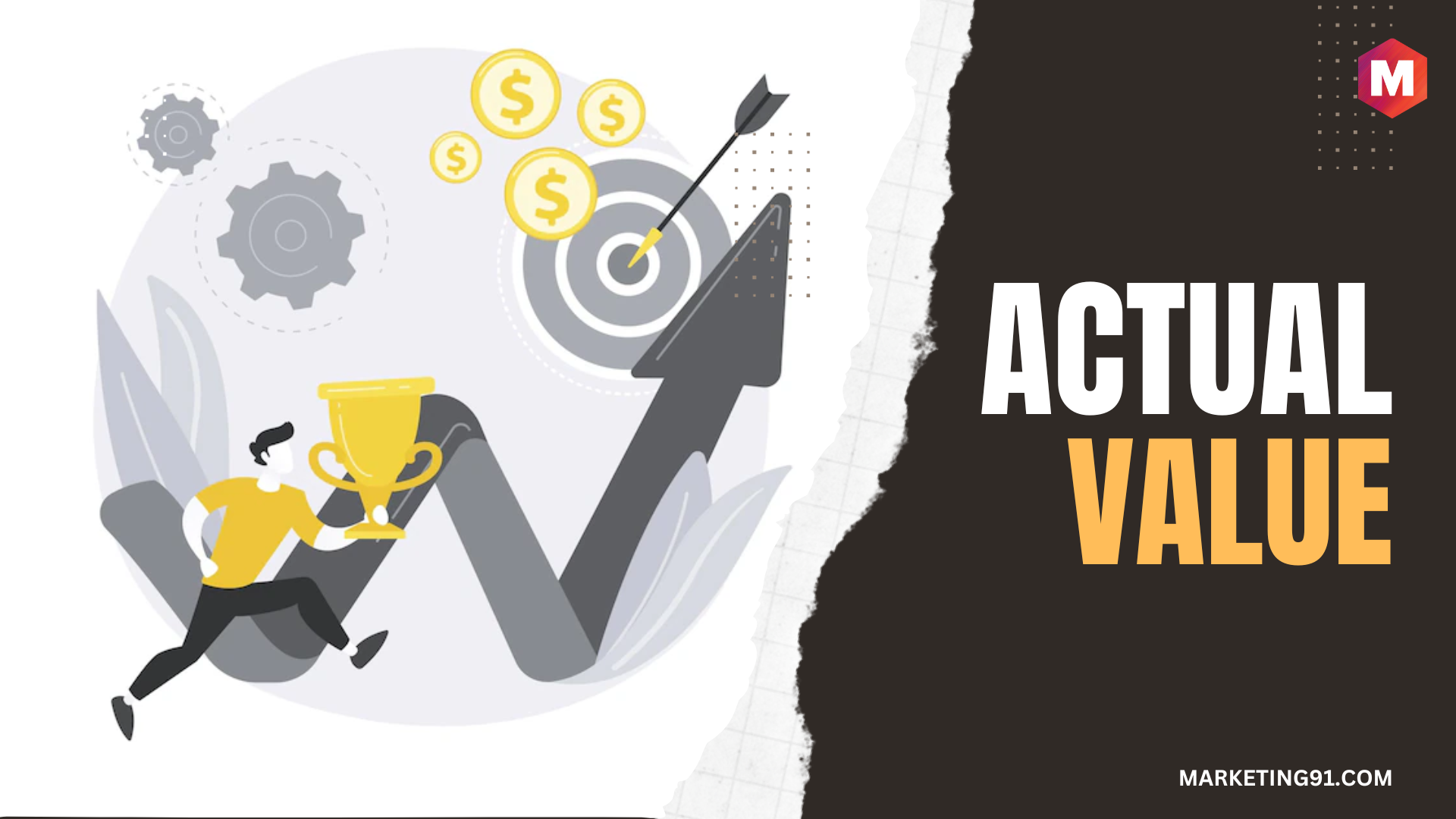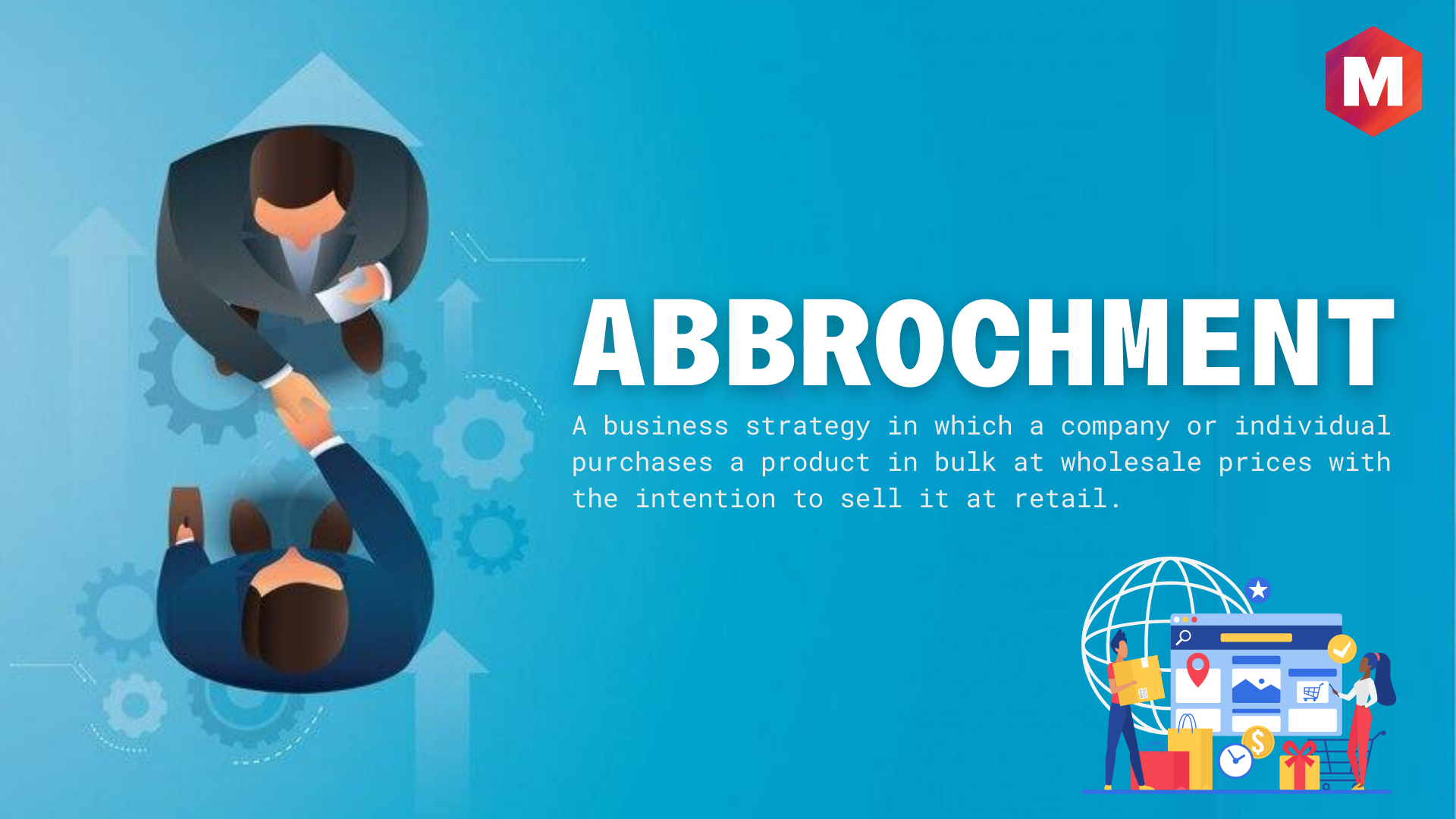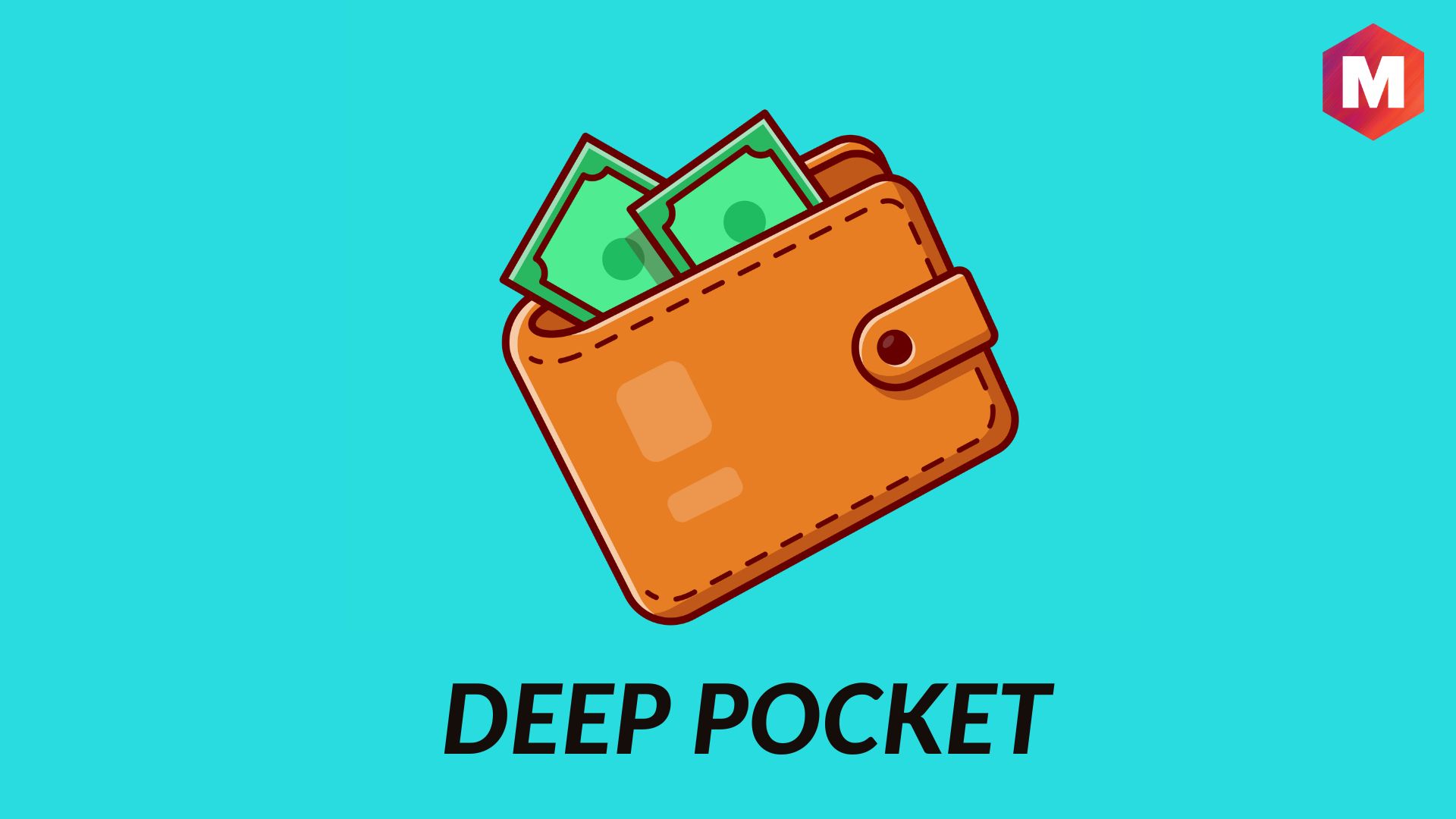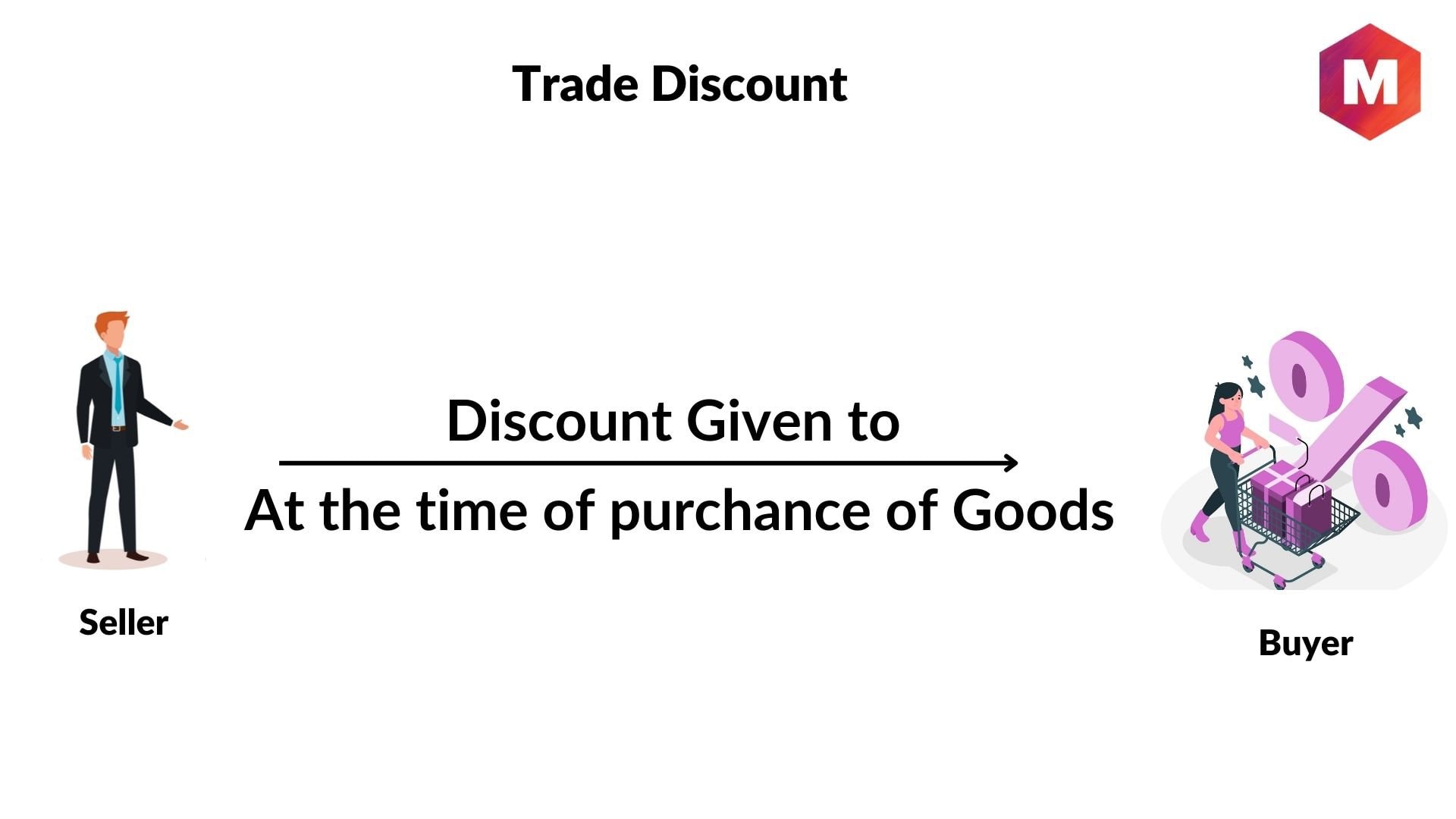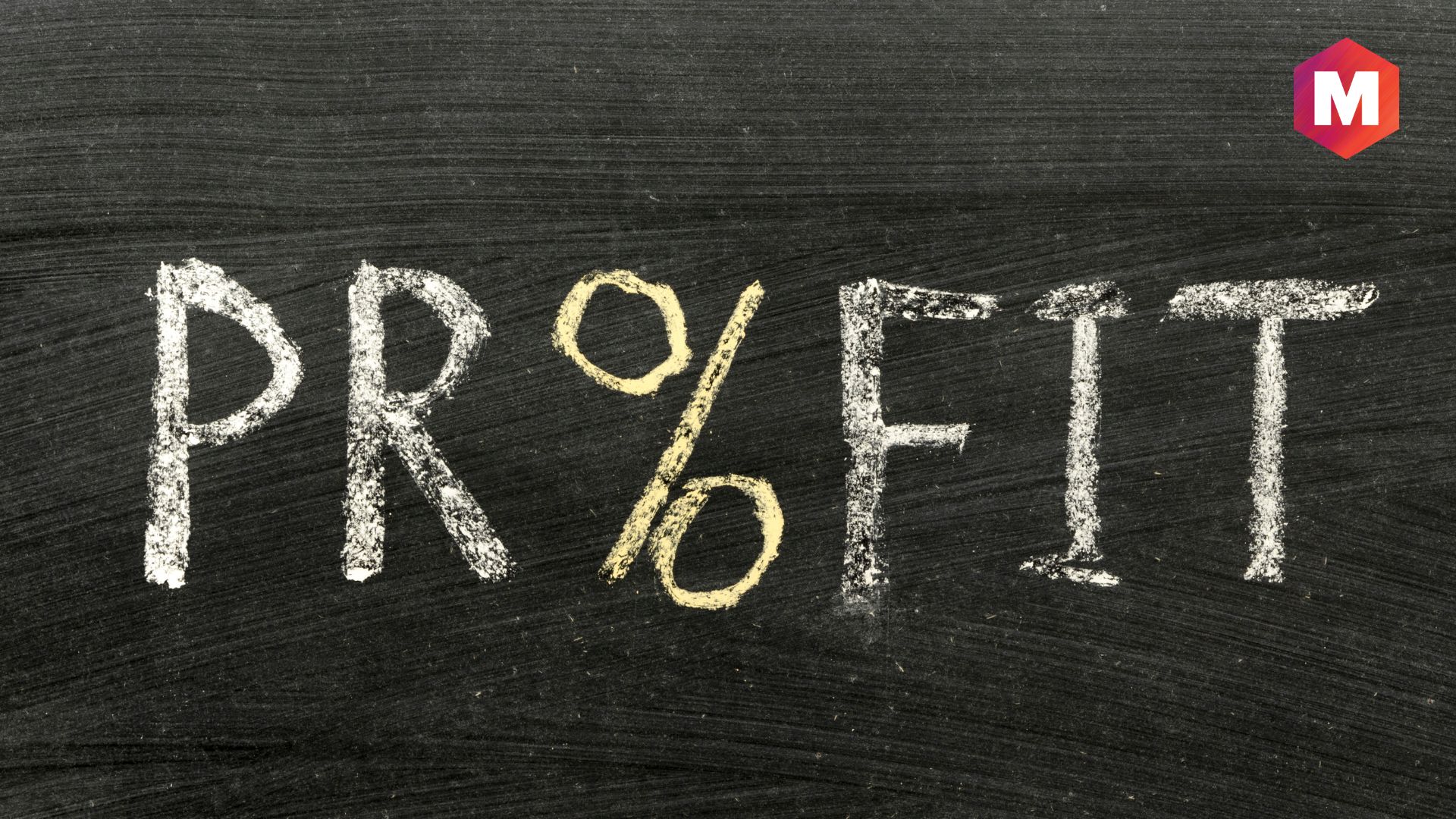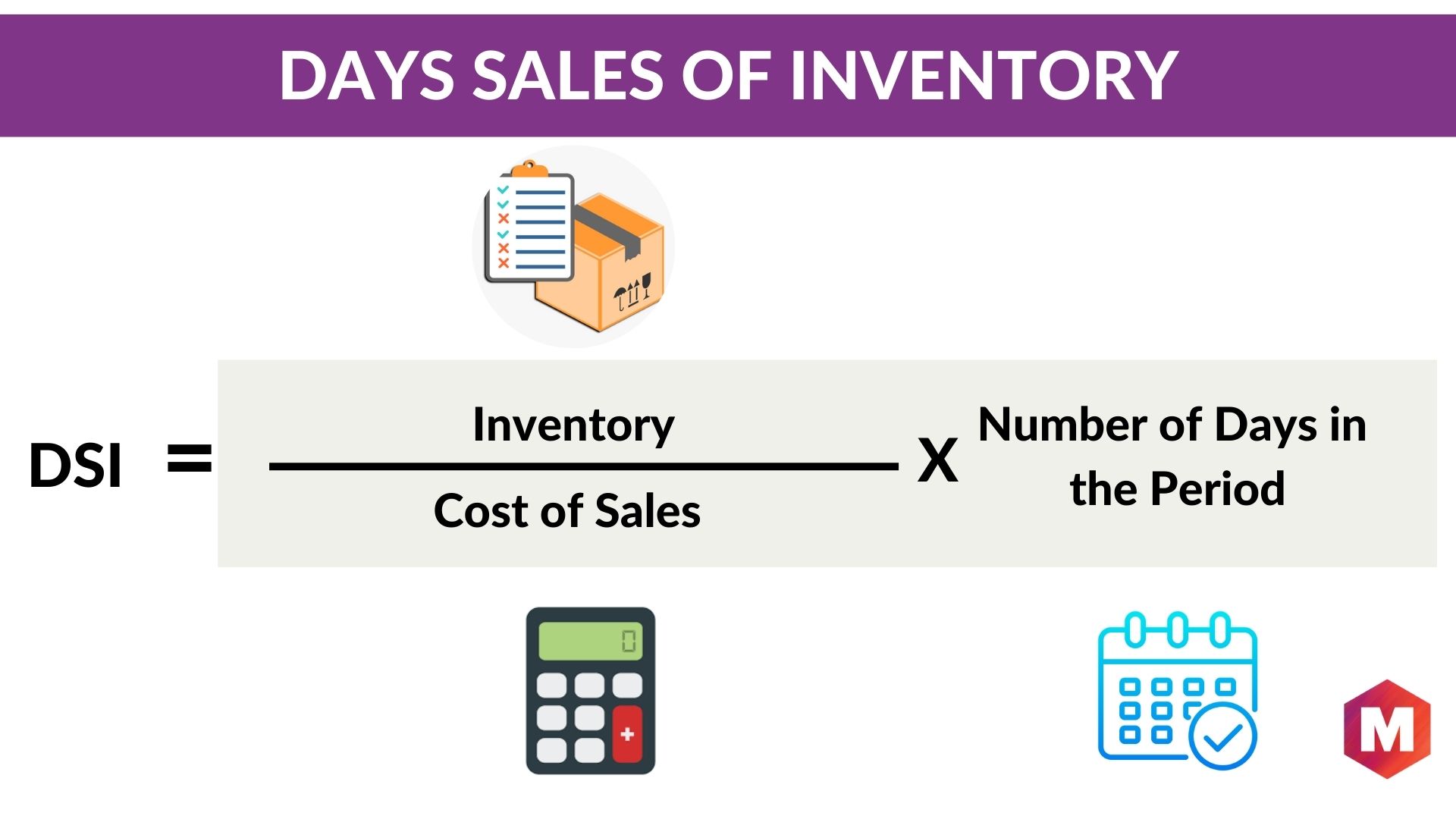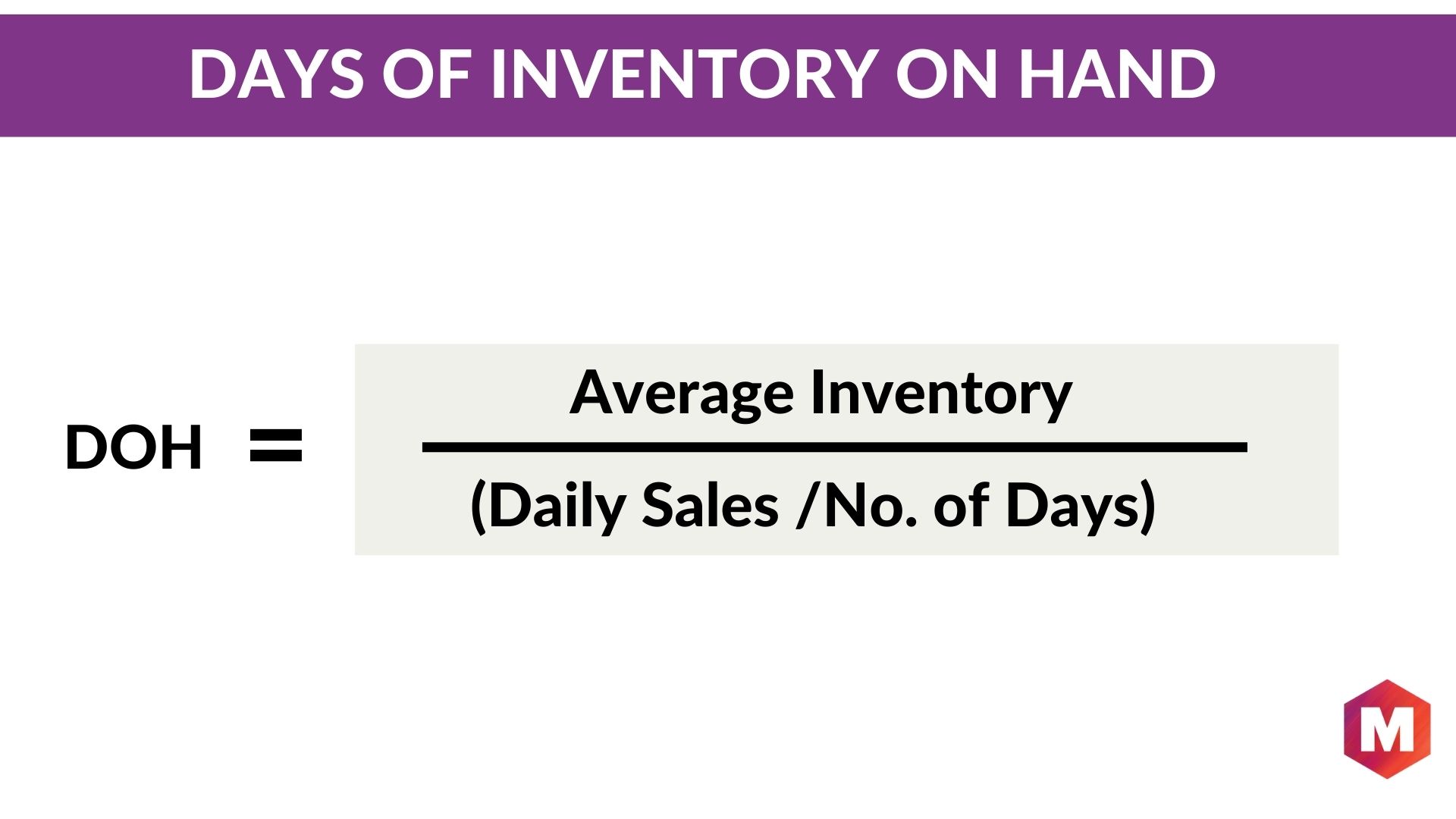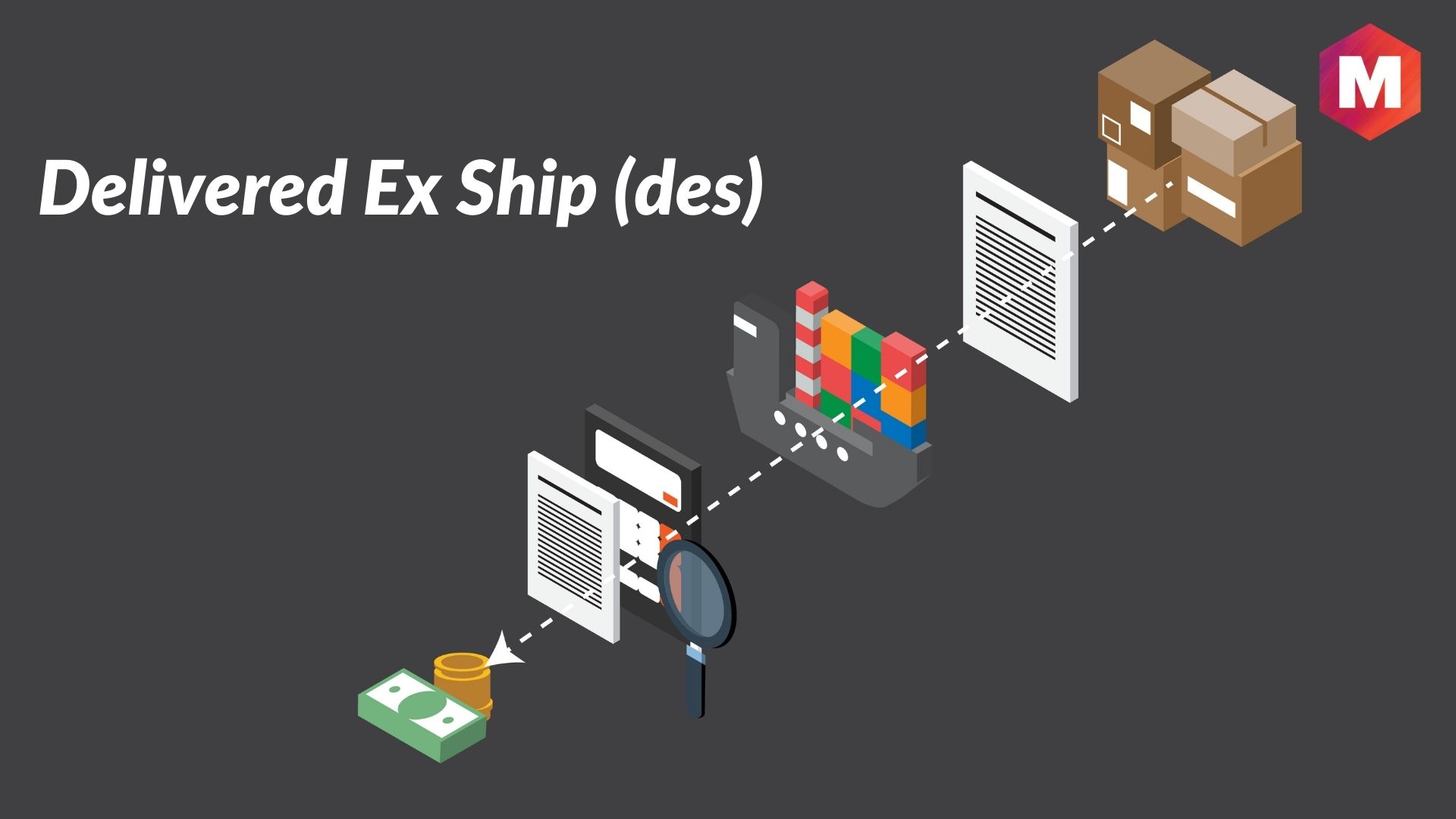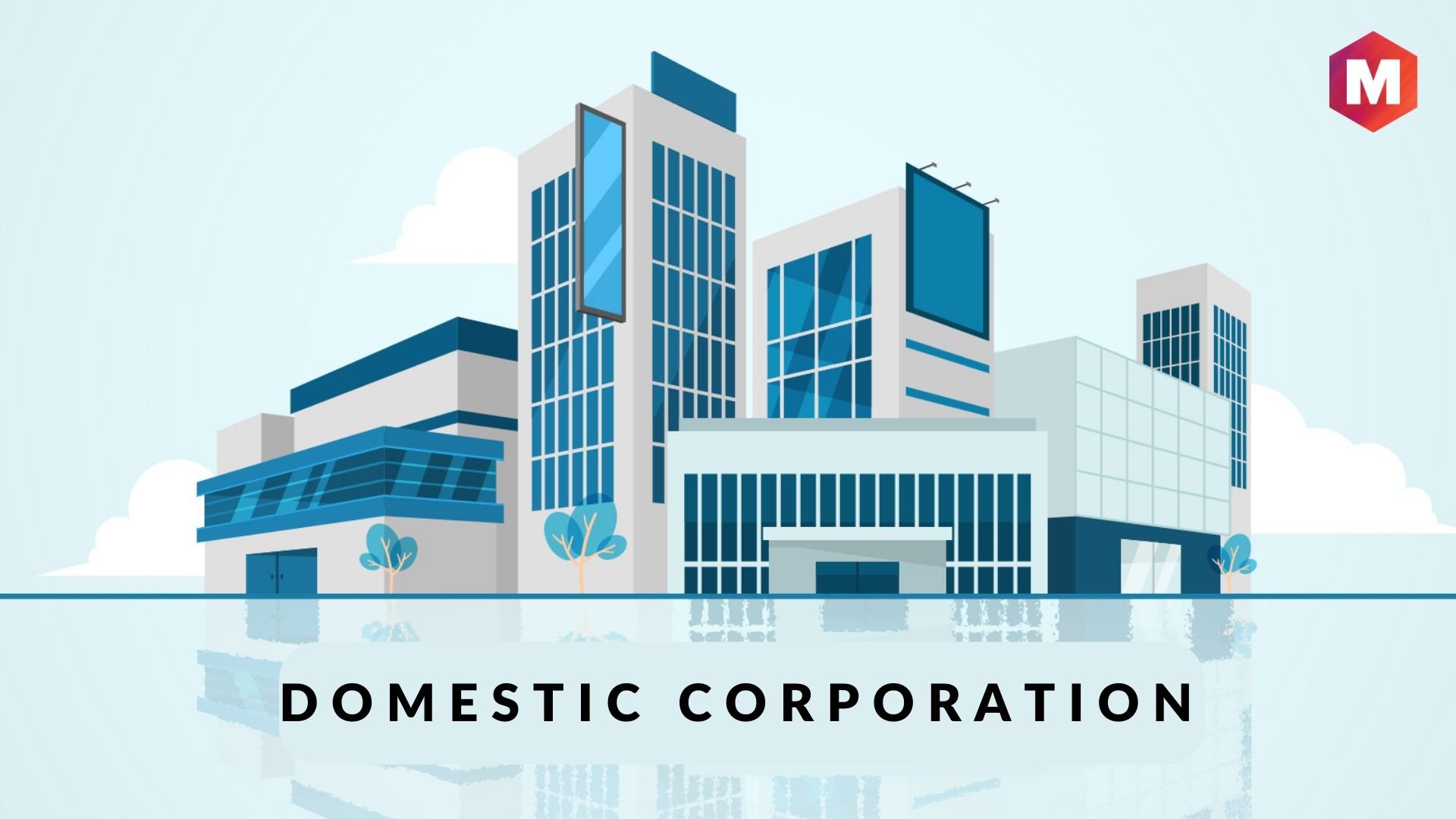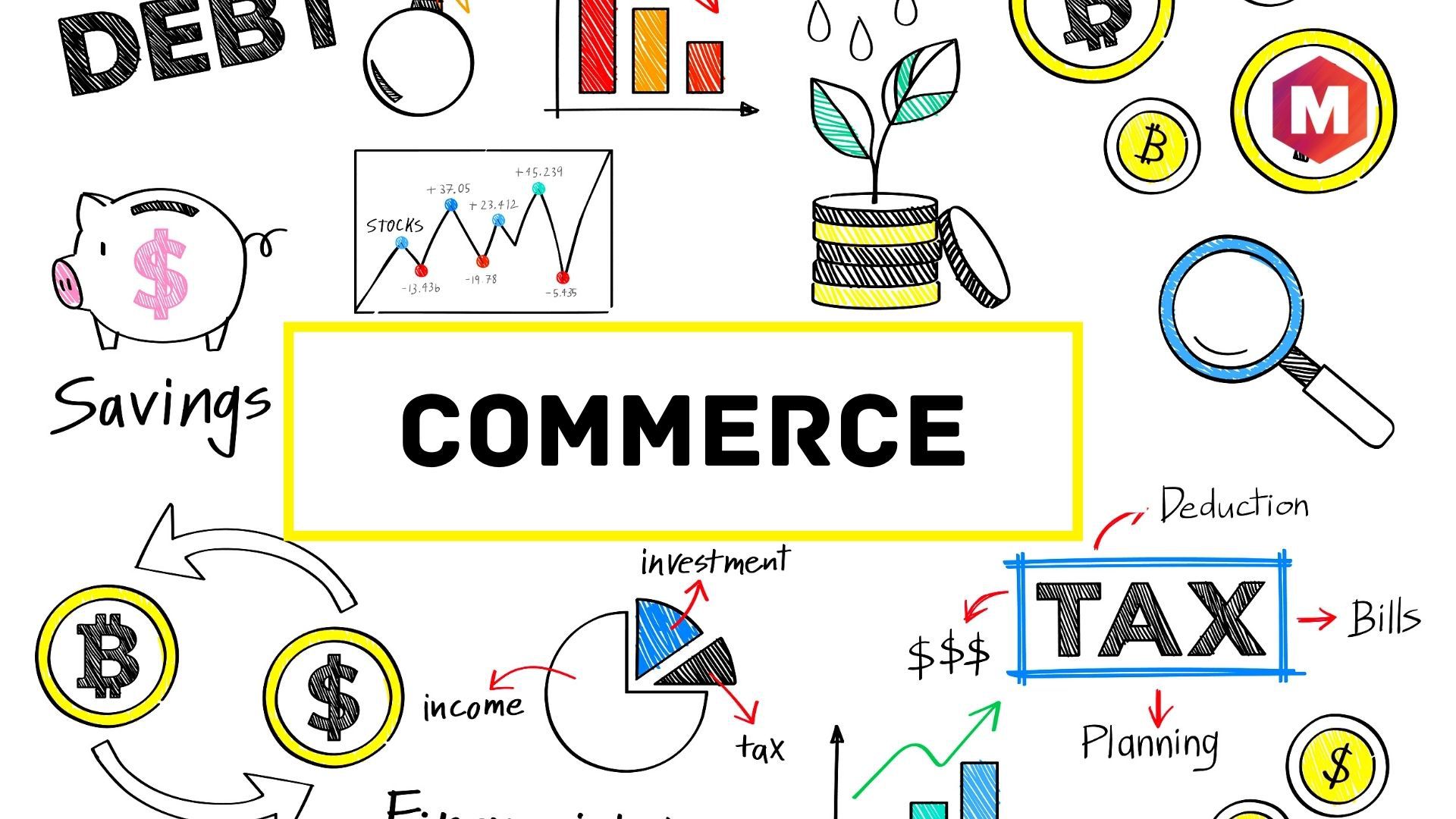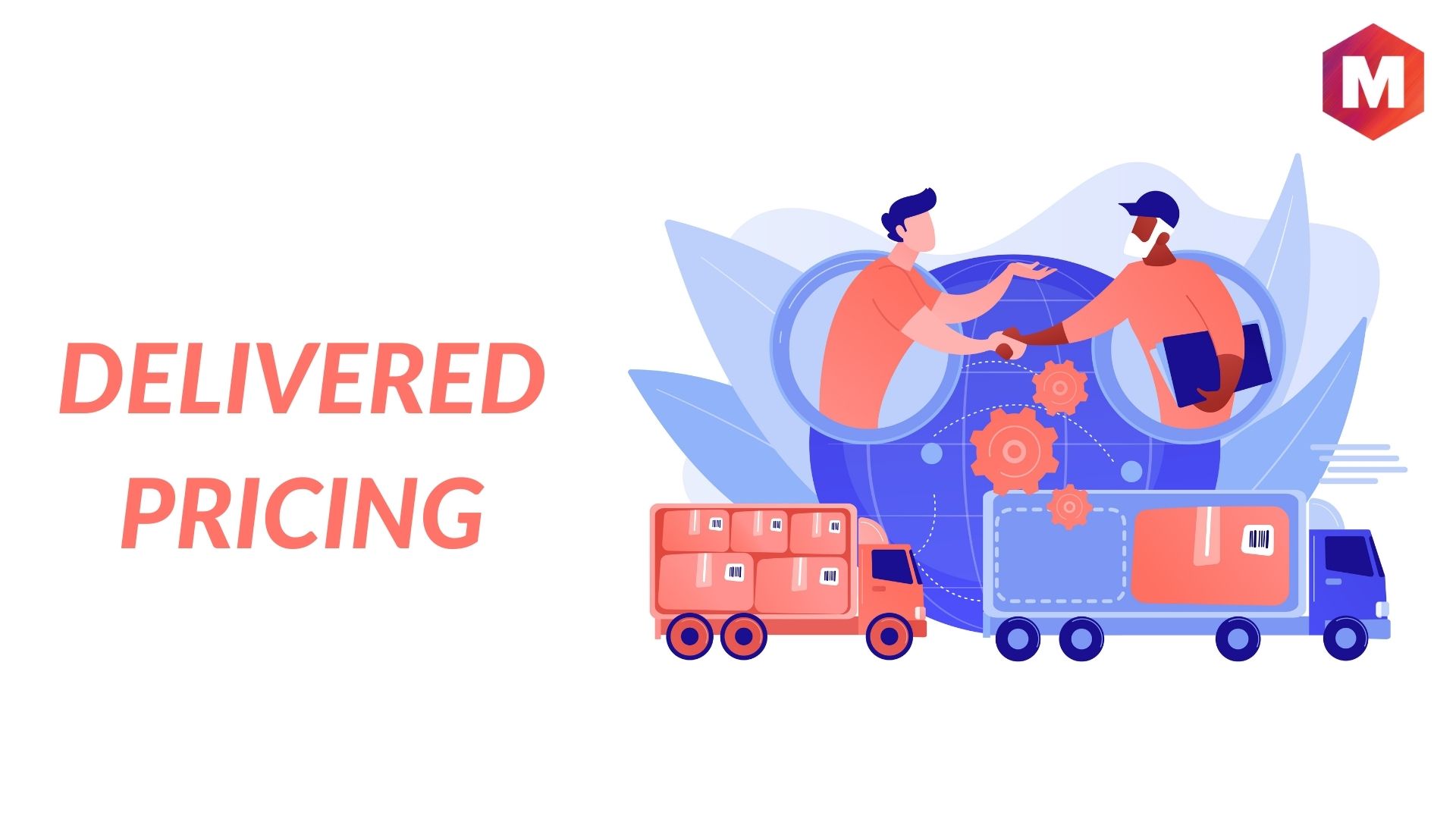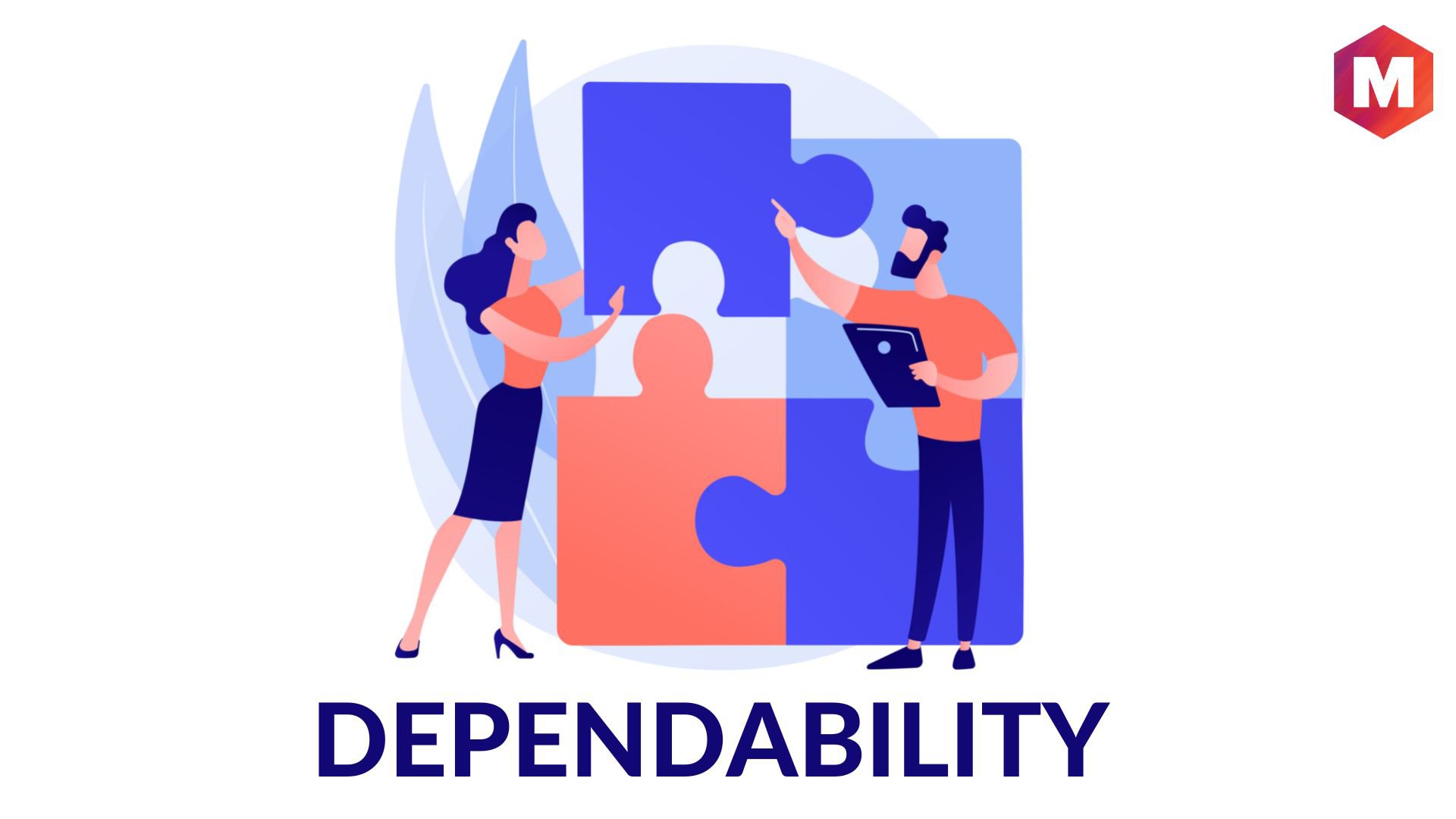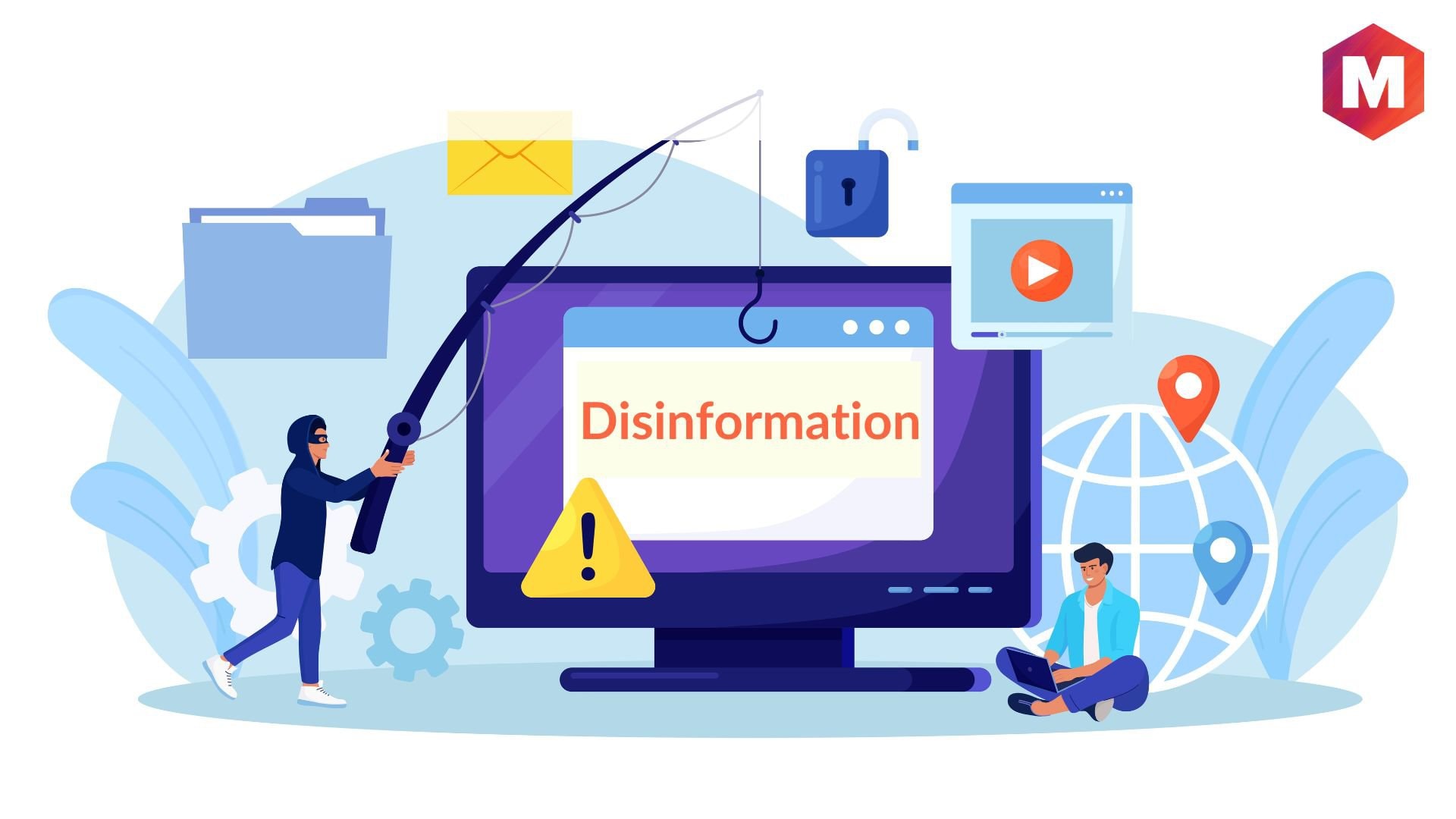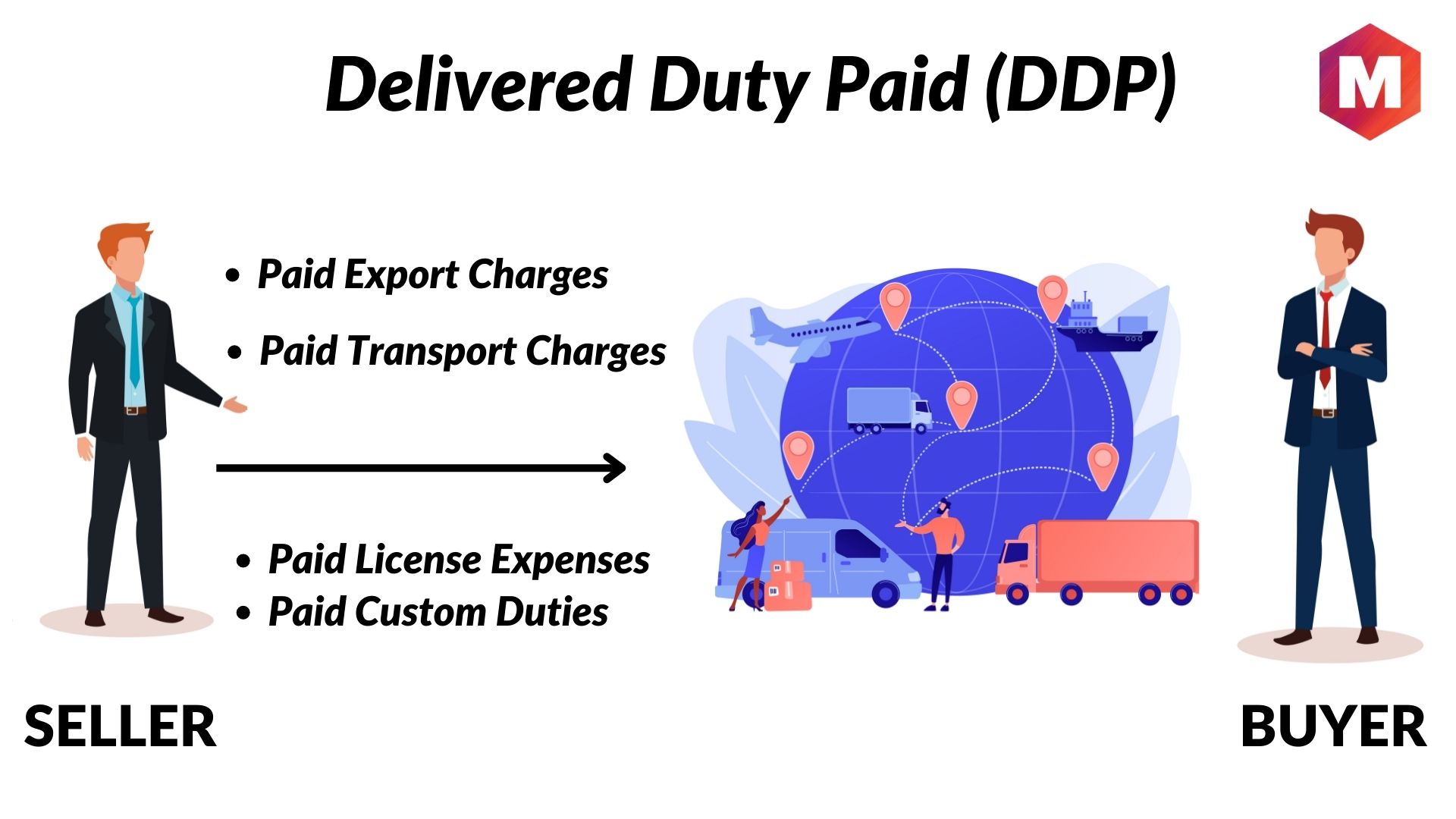From my experience, business growth isn’t just about hitting bigger numbers; it’s about expanding your reach, building trust, and creating impact beyond borders. The digital…
Business Articles
The Business category consists of detailed articles on Business Management and is a great place to start your Business Journey.
Crypto Becomes a Power Player in U.S. Politics
The shift has been dramatic. Three years ago, cryptocurrency was toxic in Washington. Regulators dismissed digital assets as gambling chips for tech bros or, worse,…
How to Save on Roaming Fees When Travelling for Business
International business travel is common these days. But staying connected abroad? That can come with some hidden costs. Roaming charges can slowly eat into your…
How Often Should You Get a 409A Valuation?
A 409A valuation is a crucial tool for privately held companies issuing stock as part of their compensation packages. A qualified independent appraiser conducts the…
5 Ways a VPN Can Protect Your Online Business
Running an online business has limitless potential, but there are also a lot of cybersecurity risks involved. You’re handling customer data, managing remote teams, and…
Using Big Data for Customized Banking Services
Modern banking is rapidly evolving, and Big Data has emerged as a powerful tool for developing unique banking services that target individual clients. Financial institutions…
eSIM Solutions That Save Big on Business Travel Expenses
Working travelers face various challenges during business trips, as they must handle communication, attend meetings, manage their finances, and fulfill networking requirements while adapting to…
Administered Price: Definition, Examples & Meaning
What is the Administered Price? Administered price is the price of goods or services that is set directly by a government or centralized authority rather…
Acquisition Integration Approaches Model Explained
What is the Acquisition Integration Approaches Model? The Acquisition Integration Approaches model is a theoretical framework put forth by Philippe Haspeslagh and David Jemison to…
Actual Value: Definition, Meaning and Examples
What is Actual Value? The actual value is the value of a damaged or stolen property at the time of the loss which is replacement…
Abbrochment: Definition, Meaning and Examples
What is Abbrochment? Abbrochment is a business strategy in which a company or individual purchases a product in bulk at wholesale prices with the intention…
What is Women Entrepreneurship? Features, Functions and Characteristics
What is Women Entrepreneurship? Women entrepreneurship is the act of women starting and running their businesses. Women entrepreneurs create economic activity, provide jobs, and contribute…
Ballpark Figure: Definition, Meaning
A Ballpark figure is a rough approximation of what the actual value could be. For example, a manufacturer might ask his manager- “I know we…
Deep Pockets in Business: Definition and Meaning
In business, the term “deep pockets” is used to describe a company or individual with a lot of money. Deep pockets can be used to…
25 Essential Characteristics of an Entrepreneur
Who is an Entrepreneur? An entrepreneur is an individual who starts, organizes, and runs a business to make a profit. They take on financial risks…
Difference between Trade discount and Cash discount
What is a Trade Discount? A trade discount is a reduction in the price of a good or service that is offered to a reseller…
Characteristics of Business
Businesses are organizations that engage in economic activities to generate money through the sale of goods and services. Business is an important part of our…
18 Characteristics of Business Environment
The business environment has numerous characteristics that influence how companies operate and compete. Characteristics of the business environment revolve around economic conditions, political influences, technological…
Economic Theory of Entrepreneurship
The economic theory of entrepreneurship firmly states that the economy and entrepreneurial activity are intertwined, with entrepreneurs needing prosperous conditions to be able to thrive….
11 Theories of Profit
The theories of profit provide a framework for business owners and entrepreneurs to evaluate the potential of their venture. These theories center around a few…
Sociological Theory of Entrepreneurship
Sociologists have proposed a variety of theories to explain entrepreneurship and its impact on economic development. Sociological factors such as cultural values, ethical values, religious…
Psychological Theory of Entrepreneurship
The Psychological Theory of Entrepreneurship is a concept that seeks to explain the dynamics behind successful entrepreneurship and the entrepreneurial process. It focuses on understanding…
What is Opportunity-Based Entrepreneurship?
Opportunity-based entrepreneurship is becoming increasingly important in today’s economy. It has been identified as a major factor in achieving economic and social development, while also…
What is Business Orientation? 5 Types and Examples
Having a business orientation is crucial for the success of any company. It involves creating and executing strategies, processes, and behaviors that will help the…
What is a Consignor? Responsibility and Benefits
A consignor is an individual or company who sends goods to another person or company, usually for sale. Consignors are typically used in the retail…
Role of Entrepreneurship
Entrepreneurship is all about taking risks and starting a business venture or developing an existing business. It’s the process of becoming your own boss and…
Theories of Entrepreneurship
Entrepreneurship theories are an important part of understanding the behavior of entrepreneurs. These theories provide valuable insight into the motivations, strategies, and objectives that drive…
Days Sales in Inventory (DSI) – Definition, Formula and Benefits
Days sales in inventory is a metric that measures how long it takes a company’s inventory to convert into sold products. It is also known…
Days of Inventory on Hand (doh) – Definition, Calculation, Examples
Days of inventory on hand (doh) is a metric used to measure the number of days that a company takes to sell its inventory. In…
Consignment Inventory – Definition, How it works and Advantages
What is a Consignment Inventory? A consignment inventory is an arrangement in which the consignor (a vendor or wholesaler) agrees to give their products to…
Deliverables – Definition, Meaning, Importance and Types
What are Deliverables? Deliverables are any result, product, or service that is produced or provided as part of a project. Deliverables can be tangible (something…
Delivered Ex Ship (DES) – Definition, Meaning and Examples
What Is Delivered Ex-Ship (DES)? Delivered ex-ship is a delivery term in international trade where the seller completes their obligation to the buyer when they…
Doing Business As (DBA) – Definition, Meaning and Filing Process
What is Doing Business As (DBA) Doing business as DBA is a fictitious business name that a person or business entity uses instead of the…
Domestic Corporation – Definition, Types, Advantages and Examples
What is a domestic corporation? A domestic corporation is a company incorporated in its home country. A domestic firm is frequently taxed differently than a…
Commerce – Definition, Meaning, Elements and Business Models
Commerce is the exchange of goods, services, or something of value, between businesses or entities. Commerce is often seen as one of the fundamental pillars…
Delivered Pricing – Definition, Methods, Advantages and Disadvantages
What is Delivered Pricing? Delivered pricing is the price of a good or service that also includes the transportation cost. It is a type of…
Dependability – Definition, Meaning, Elements, Examples and Benefits
What is dependability? Dependability is the quality of being Dependable, i.e. being able to be relied on or trusted. Dependability is the ability of a…
What is Disinformation? Definition, Types, Examples
Disinformation is false or misleading information that is spread deliberately. It is often used to influence public opinion and distort the truth. Disinformation campaigns are…
Delivered at Frontier (DAF) – Definition, Meaning and Usage
Delivered at frontier (DAF) is a term used in international trade that indicates that goods are delivered to the buyer at the border of the…
Delivered Duty Paid (DDP) – Definition, Meaning, Responsibilities and Differences
Delivered duty paid (DDP) is a delivery Incoterm where the seller is responsible for paying all costs and risks associated with delivering the goods to…









